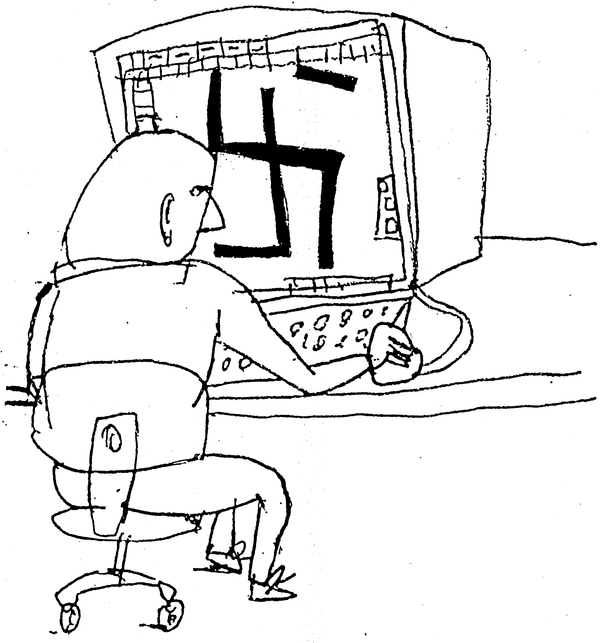Did It Happen Here?: Perspectives on Fascism and America
Edited by Daniel Steinmetz-Jenkins
Norton, 385 pages, $28.99
Fascism in America: Past and Present
Edited by Gavriel D. Rosenfeld and Janet Ward
Cambridge, 461 pages, $34.99
The chief radical ideological narratives of the 20th century—variants of Marxism-Leninism, fascism, anarchism, National Socialism—largely died toward the end of that era, followed by the supposed end of history. During the initial heyday of neoliberalism, they were already being superseded by the only new radical ideology born in North America, stemming initially from the cultural revolution of the 1960s. This new radicalism was the most polyvalent of all, having no primary canonical source nor even a name, though it was commonly described by its critics as “political correctness.” Only in the 21st century did this form of identity politics emphasizing race and gender come to be known as “wokeism,” an American term that soon passed into international usage.
A focus on ethnicity and sex, combined with the growing search for ever more “victims” to champion, provided dialectical and mobilizational potential. Of course, the search for victims to employ in political disputation was hardly invented by wokeism, for the tendency is as old as political controversy itself. Bismarck, for example, reportedly stressed that in international controversies one should always assume the position of the previously aggrieved party, no matter what.
